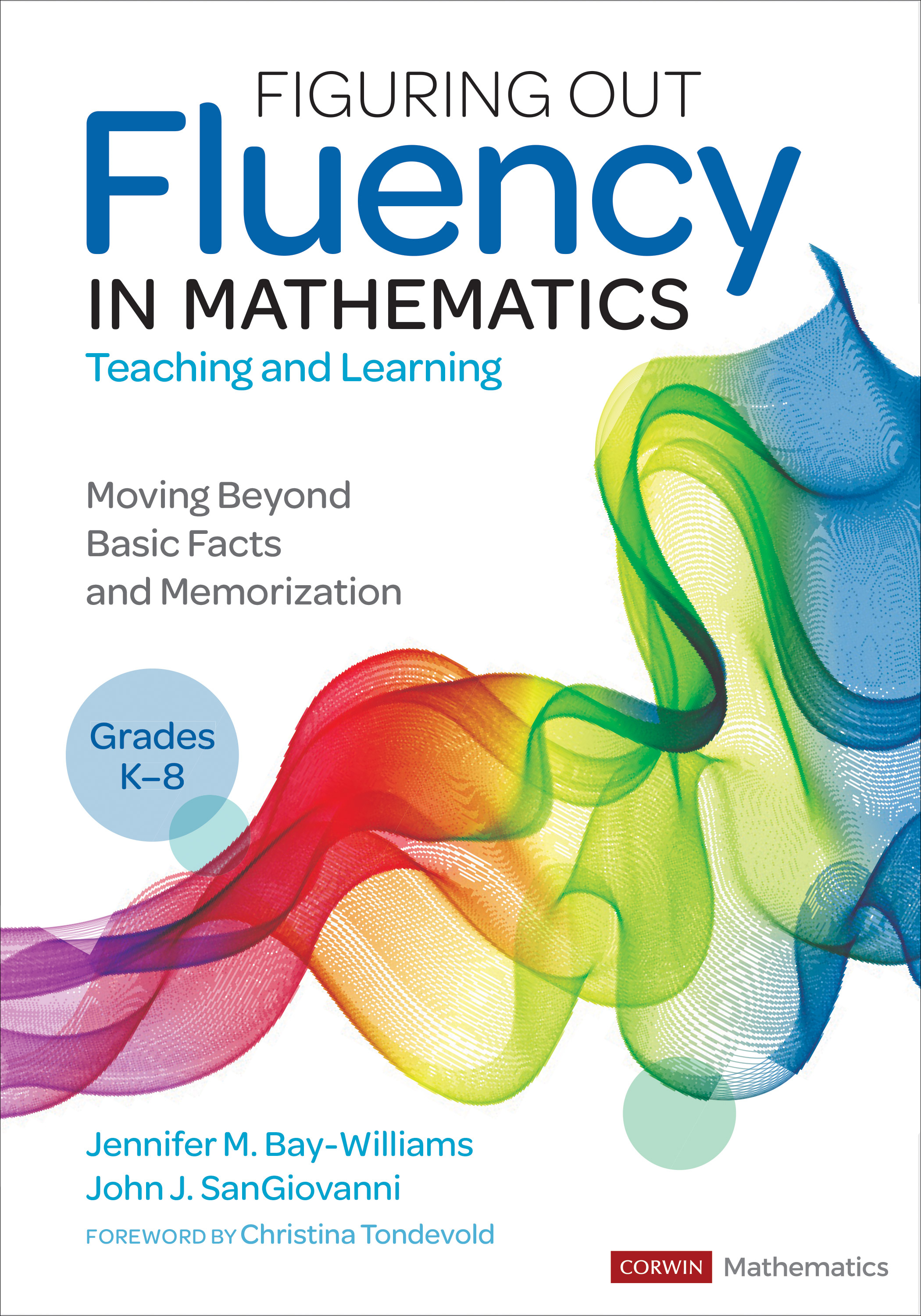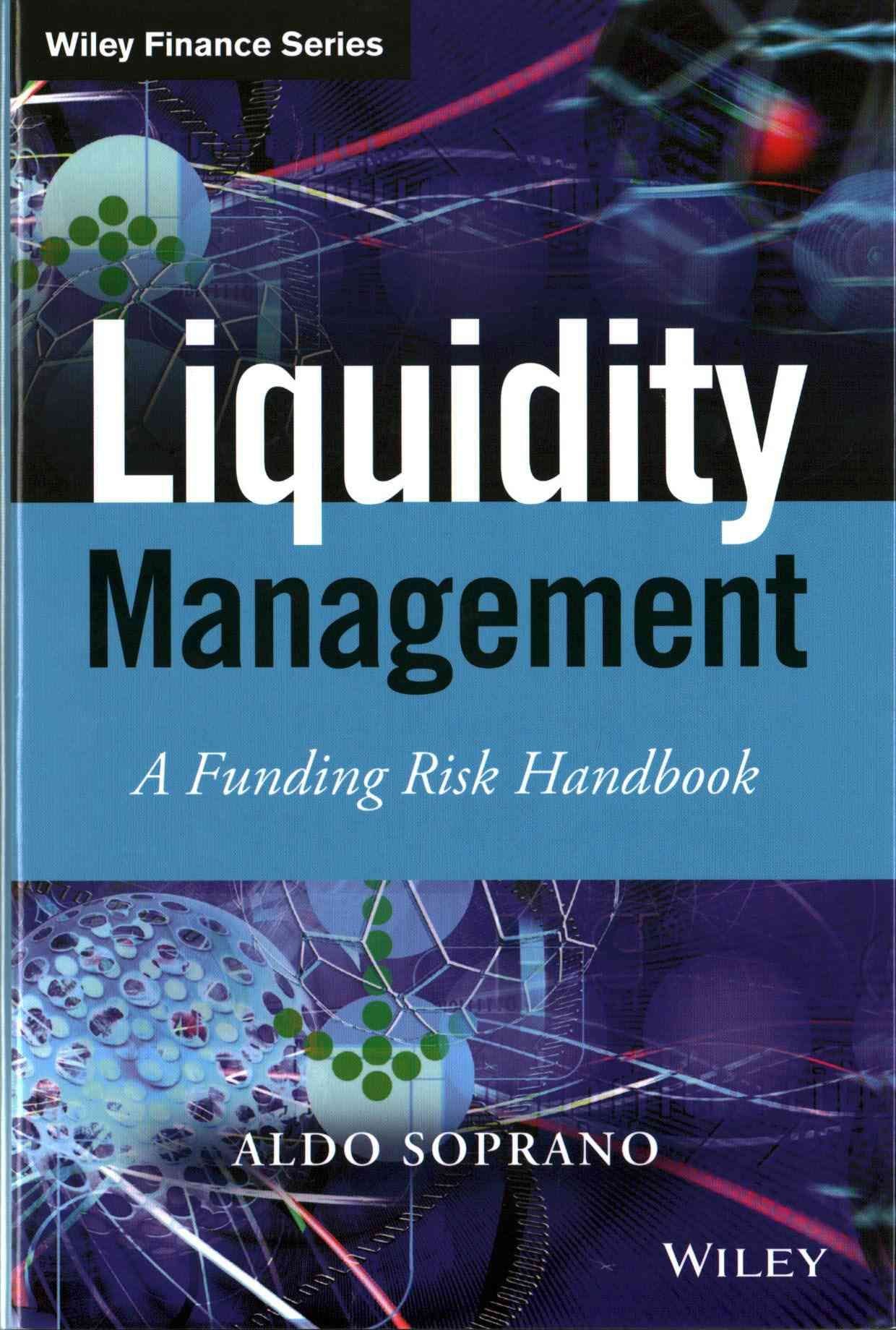As the emerging field of proteomics continues to expand at an extremely rapid rate, the relative quantification of proteins, targeted by their function, becomes its greatest challenge. Complex analytical strategies have been designed that allow comparative analysis of large proteomes, as well as in depth detection of the core proteome or the interaction network of a given protein of interest. In Functional Proteomics: Methods and Protocols, expert researchers describe the latest protocols being developed to address the problems encountered in high-throughput proteomics projects, with emphasis on the factors governing the technical choices for given applications. The case studies within the volume focus on the following three crucial aspects of the experimental design: 1) the strategy used for the selection, purification and preparation of the sample to be analyzed by mass spectrometry, 2) the type of mass spectrometer used and the type of data to be obtained from it, and 3) the method used for the interpretation of the mass spectrometry data and the search engine used for the identification of the proteins in the different types of sequence data banks available. As a part of the highly successful Methods in Molecular Biology™ series, the chapters compile step-by-step, readily reproducible laboratory protocols, lists of the necessary materials and reagents, and tips on troubleshooting and avoiding known pitfalls. Comprehensive and cutting-edge, Functional Proteomics: Methods and Protocols is an ideal resource for all scientists pursuing this developing field and its multitudinous data.












